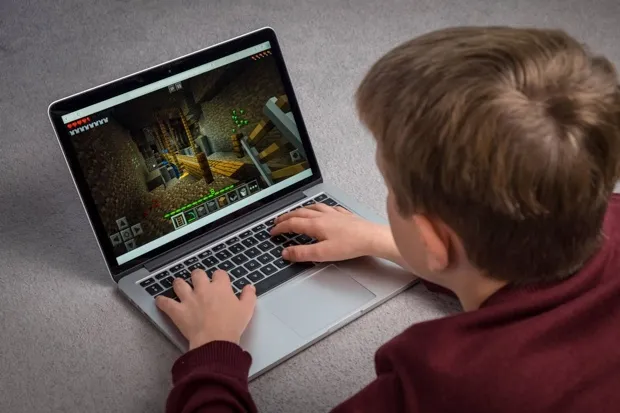We live in a society where we’re surrounded by screens. For the first time in our history, we have access to all human knowledge at the touch of a button; screens are our work, and also our play. But they’re also increasingly becoming the source of our fears and worries. Whether it’s poor mental health, sleep deprivation or social isolation, staring at screens, so the headlines go, is intrinsically, unequivocally, bad for us.
When you dig into the research, however, a subtler story emerges. A recent study at Oxford University suggested that if you were to tell a researcher how much time you spend on screens, it would only allow them to predict less than half a per cent of your wellbeing (a finding which seems to be consistent with other studies). To put this into perspective, the team found that eating potatoes had about the same effect on wellbeing as screen time.
Read more fromReality Check:
- Can I protect myself against air pollution?
- Four-day week: could the UK be more productive by working less?
In other words, the links between screen use and mental health don’t seem to be anywhere near as strong as we might think – and in fact, some research has shown that, at least when it comes to kids’ wellbeing, some screen time is better than none at all.
For the past few years, I’ve been researching the effects that one type of screen time has on our behaviour: playing video games. It’s easy to see why video games are often dismissed as an antisocial past-time. Players seem completely absorbed by the action on the screen in front of them, as if the rest of the world doesn’t exist. Without further context, it’s hard not to see games as anything other than digital junk food.

But context matters, and understanding the experience of the players themselves can give us new insights. Video games are an inherently social experience: since their very inception, they’ve been designed as cooperative and collaborative experiences.
Take Minecraft for example. It may seem like a fairly isolating, single-player experience to the outsider, but it brings people together in all sorts of ways. Some play to connect with their friends, others share in the creative experience of building something monumental, and it’s even been used as an interactive tool to teach students basic chemistry (see the University of Hull’s MolCraft project).
Visit the BBC's Reality Check website at bit.ly/reality_check_ or follow them on Twitter@BBCRealityCheck
Elsewhere, studies have shown that video games can be used as therapeutic interventions to help soldiers overcome PTSD, and to help children with cancer stick to treatment regimes.
As for the supposed negative aspects of video games, the story is largely the same. Studies which, for example, show a link between violent games and aggressive behaviour are often picked up in the news over other, more robust, studies. Part of the problem is that it’s remarkably hard to test for aggression in the lab, and there’s also a great deal of flexibility in the way that researchers can analyse their data. But where the best methods are used, the evidence suggests that playing violent games has fairly negligible effects on our behaviour.
Our understanding of the behavioural effects of video games – and screens more generally – isn’t yet complete. After all, these technologies are a relatively recent addition to our lives. But while we wait for more conclusive answers, it’s important that we don’t vilify screens and video games to the point that we end up shutting out the multifaceted ways in which they can enrich our lives.
Like many things, we can use them in good ways, and we can use them in bad ways. It’s up to us, as a society, to harness their potential for good.
Dr Pete Etchells is a psychologist at Bath Spa University and author of Lost in a Good Game: Why we play video games and what they can do for us (£14.99, Icon Books, out 4 April)
Listen to the full interview with Dr Pete Etchells on the Science Focus Podcast
Follow Science Focus onTwitter,Facebook, Instagramand Flipboard

